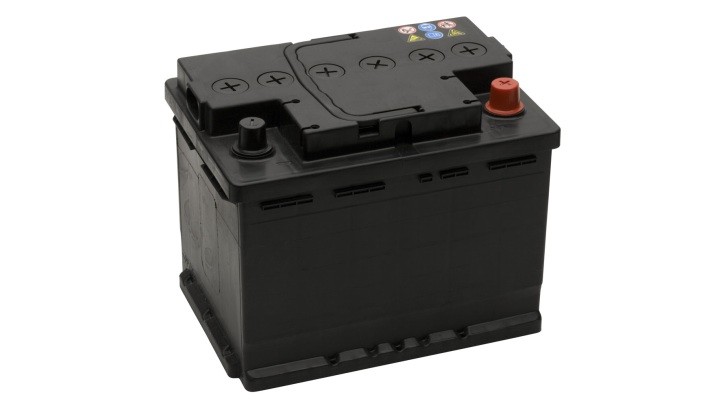Lead is poisonous if animals and humans ingest it, damaging the nervous system and causing brain disorders. Lead poisoning has been documented from ancient Rome, ancient Greece and ancient China, reason why the European Union wants to control this element and ban it from major industries.
One of them is the one producing lead-acid batteries for each and every vehicle you see on the road. But it looks like it will keep doing that even in the 2020s.
This happens because the automotive and battery industries in Europe have paired up and requested the EU to continue the current exemption for lead-acid batteries be extended for at least another 8 years because there’s no other viable solution available for now to start car engines and power auxiliary equipments.
Yes, there are some automakers that provide smaller lithium-ion batteries to start up their sportscars, but those are too expensive to be viable for implementing into large scale production. And their performance is also affected by cold weather.
On the other hand, 99 percent of lead batteries are being recycled in EU and their use in start-stop or micro-hybrid systems results in emission savings of between 700 to 1,600 kg CO2 equivalent over a vehicle’s lifetime.
This happens because the automotive and battery industries in Europe have paired up and requested the EU to continue the current exemption for lead-acid batteries be extended for at least another 8 years because there’s no other viable solution available for now to start car engines and power auxiliary equipments.
Poisonous but effective
“The technical attributes of lead-based batteries, coupled with their excellent recycling rate, means that it is vital that the EU End of Life Vehicle Directive continues to allow the automotive industry to make use of this type of battery,” International Lead Association managing director Dr. Andy Bush said.Yes, there are some automakers that provide smaller lithium-ion batteries to start up their sportscars, but those are too expensive to be viable for implementing into large scale production. And their performance is also affected by cold weather.
On the other hand, 99 percent of lead batteries are being recycled in EU and their use in start-stop or micro-hybrid systems results in emission savings of between 700 to 1,600 kg CO2 equivalent over a vehicle’s lifetime.
